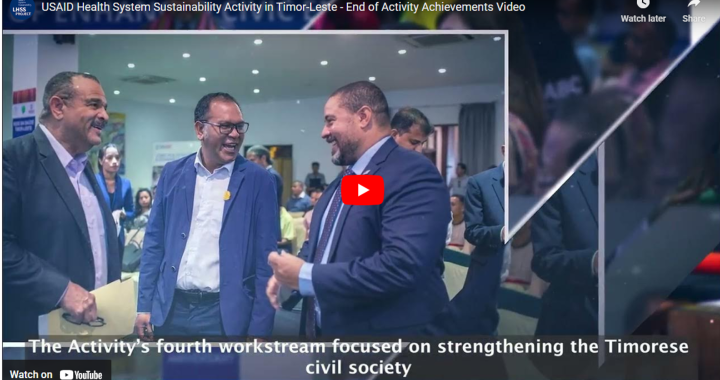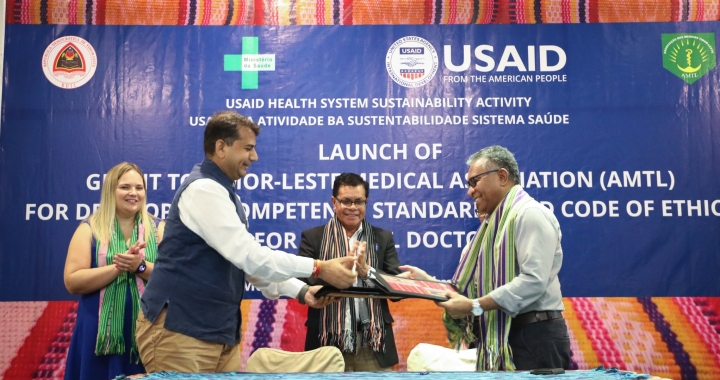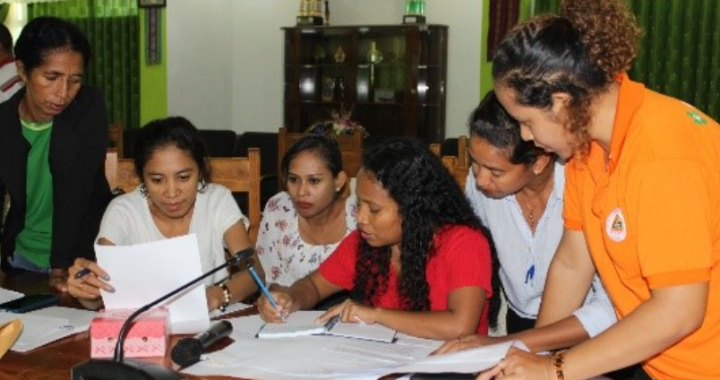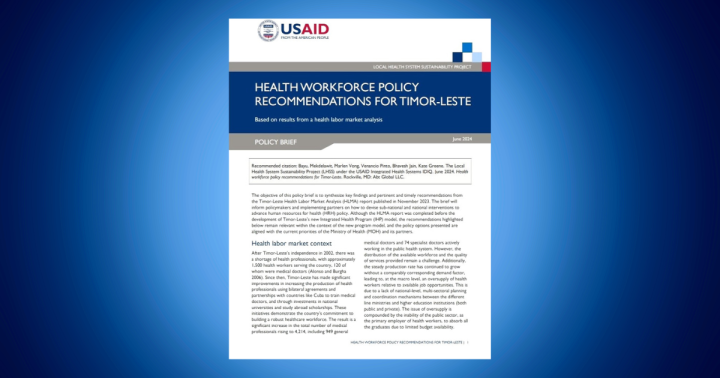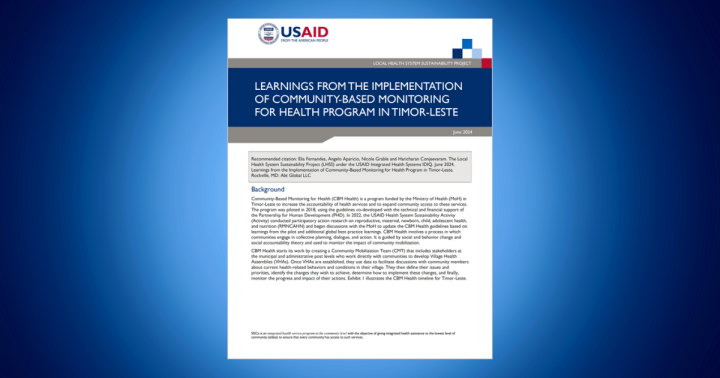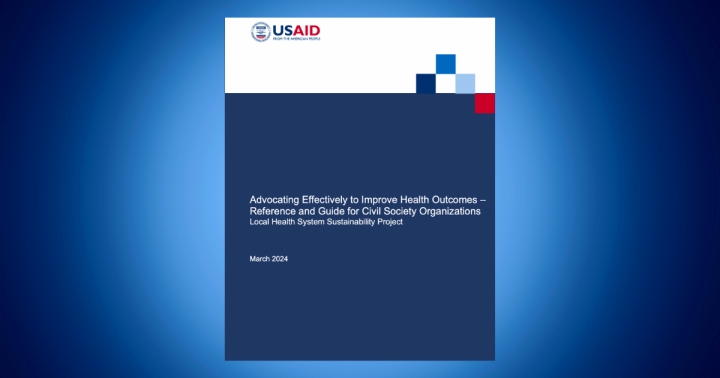Since gaining its independence in 2002, Timor-Leste has made strides in rebuilding its infrastructure, institutional frameworks, and core human resources. However, recent data indicate that the country still lags behind in regional average life expectancy, malnutrition and undernutrition, and family planning. The Government of Timor-Leste faces multiple system-level challenges that impede its ability to deliver high-quality, affordable health services to address these key health issues.
Approach
The USAID Health System Sustainability Activity helped Timor-Leste build a self-reliant health system that is well-governed, efficient, accountable, and responsive to people’s needs. Through close collaboration with local stakeholders, our work aimed to:
- Strengthen health sector governance by increasing evidence-based decision-making in the ministry of health, expanding collaboration and coordination between the ministries of health and finance, and improving health budget execution.
- Support management of the health workforce by strengthening information systems, developing health workforce competencies and standards, and improving the capacity and distribution of health workers.
- Promote healthy behaviors such as those related to family planning, nutrition, handwashing, and gender-based violence through social and behavior change activities.
- Mobilize civil society organizations to advocate for health services, and foster open dialogue among policymakers, political leaders, and civil society.
Progress Highlights
As a result of support provided by the USAID Health System Sustainability Activity:
-
A local NGO, Hamutuk Nasaun Saudável, HAMNASA helped improve COVID-19 vaccine uptake in four municipalities ( Ainaro, Bobonaro, Ermera, and Luiqica) with some of the lowest vaccination rates in the country.
-
The National Directorate of Human Resources developed a policy manual standardizing the recruitment process for all health workers. The first of its kind in Timor-Leste, the manual will be used to attract and allocate skilled providers, managers, and administrators where they are needed most.
-
The Timorese Midwives’ Association and the Timor-Leste Ministry of Health set clear standards for midwife competencies and performance evaluation, with the goal of more consistent and high-quality maternal and newborn care services.
-
In 2024, Rede ba Saúde Timor-Leste (REBAS-TL), the country’s first-ever health advocacy network, celebrated its two-year anniversary. With its 43 member organizations, REBAS-TL represented the needs and priorities of their constituents, meeting with Ministry of Health on priority topics and participating in health sector evaluations.
This activity was completed in June 2024.


